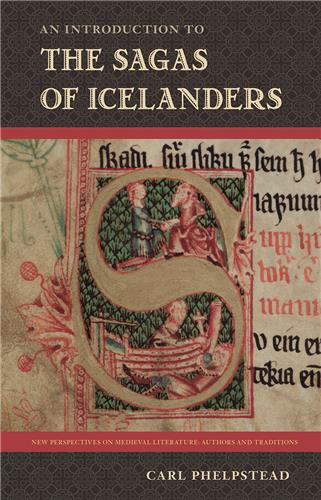Search Results for 'Florida on Horseback'
1928 results for 'Florida on Horseback'
Please note that while you may order forthcoming books at any time, they will not be available for shipment until shortly before publication date
This volume brings together experts in archaeology and bioarchaeology to examine continuity and change in ancient Arabian mortuary practices. While most previous investigations have been limited geographically to Egypt and the Levant, this volume focuses on the lesser-studied southeastern Arabian Peninsula, showing what death and burial can reveal about the lifestyles of the region’s prehistoric communities.
This book explores the historical archaeology of the past four hundred years in Michigan, illustrating how the state’s history reflects the broader American experience through themes of entrepreneurship, immigration, capitalism, and civil rights.
Combining an accessible approach with innovative scholarship, Carl Phelpstead draws on historical context, contemporary theory, and close reading to deepen our understanding of Icelandic saga narratives about the island’s early history.
From Sit-Ins to SNCC brings together the work of leading civil rights scholars to offer a new and groundbreaking perspective on student-oriented activism in the 1960s.
Emphasizing the important social relationships that form between people who participate in small-scale economic transactions, contributors to this volume explore often-overlooked networks of intimate and shadow economies—terms used to describe trade that takes place outside formal market systems.
Insights and guidelines for teaching the best students
In The Ancient Urban Maya, Scott Hutson examines ancient Maya cities and argues that, despite the hazards of urban life, these places continued to lure people for many centuries.
This retrospective features the largest number of Uelsmann images ever collected in a single volume, and some never-before reproduced. Drawn from his entire career, they show both the evolution of his technique and the solidity of his vision.










